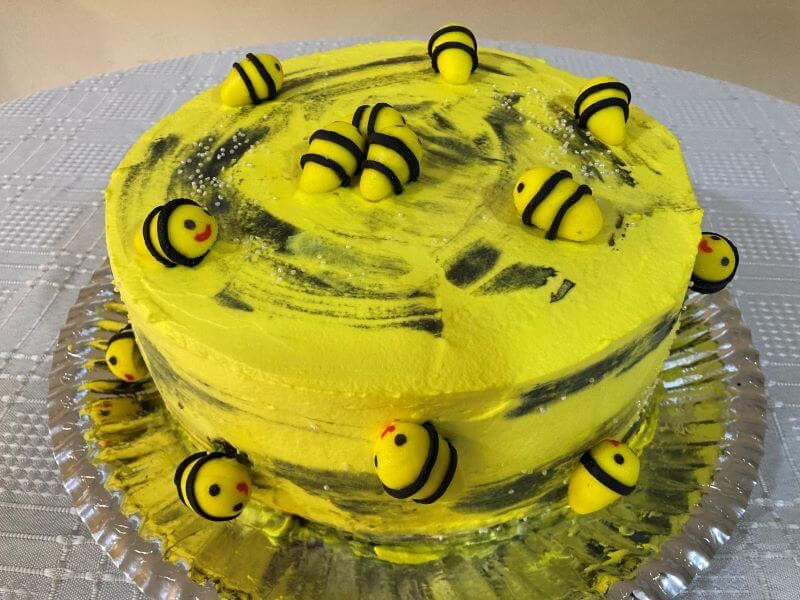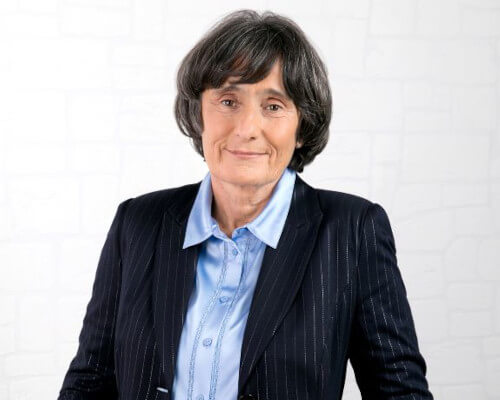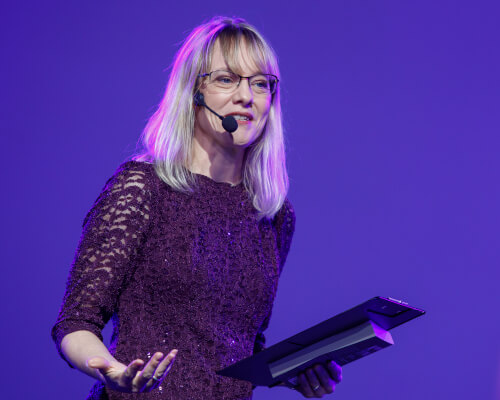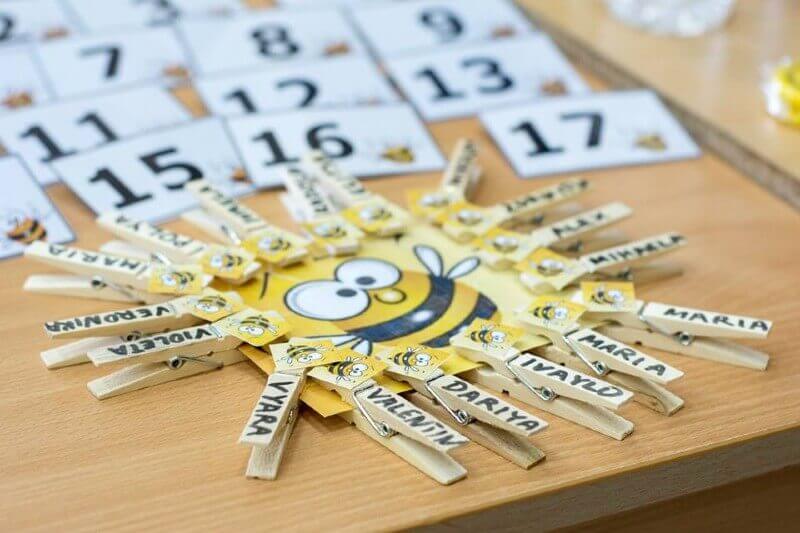 There’s a buzzing in the air.
There’s a buzzing in the air.
No, it’s not a bee swarm coming your way. Throughout February, thousands of students around Bulgaria will face off in spoken spelling competitions, in English, for a chance to show off their knowledge and participate in an English-language summer camp for the best performers.
The competitions are part of the Bulgarian National English Spelling Bee, an annual multi-round event organized by the education-focused CORPluS Foundation and supported by the America for Bulgaria Foundation. The event’s official kickoff and the first contests this year took place on Friday, February 17.
The excitement on the ground on Friday was palpable. Members of the ABF team got a taste of it by visiting Nikola Belovezhdov School, Sofia’s 108th, one of the 267 schools participating in the 2023 spelling bee. The official guests also included Ivaylo Tsekov, mayor of Sofia’s Iskar District, and the US Embassy’s Andrew Franks, who served as the competition’s official pronouncer.
ABF President Nancy Schiller addressed the contestants, offering tips and encouragement and reminding them: “We know not everyone can win today. C’est la vie! But you win by learning.”
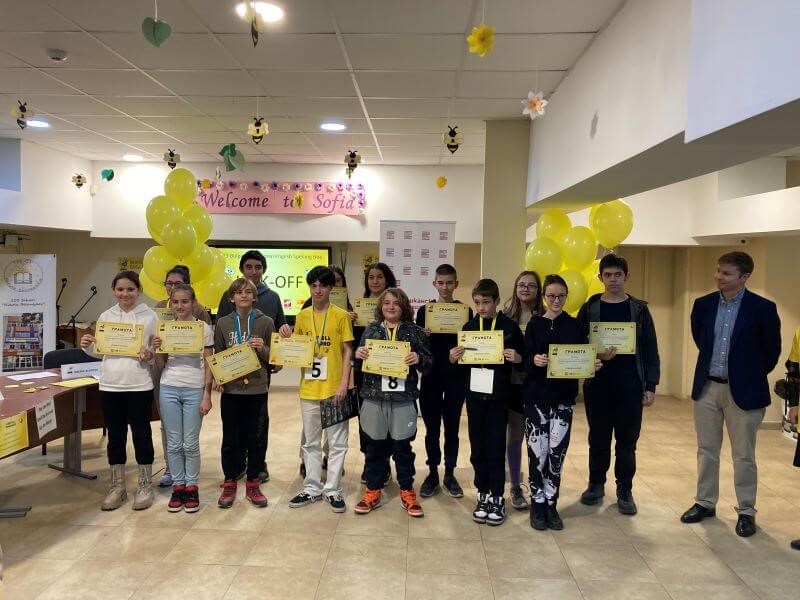
Spelling competitions are known as spelling bees, and although they feature no actual bees — and, in fact, have nothing to do with the insect (bee in the gathering sense likely comes from the old English word been, “help given by neighbors”) — the lively enthusiasm surrounding spelling events is often likened to the buzzing of bees. Perhaps because of that, the official logo of the Bulgarian National English Spelling Bee is a bee, while competitive spellers in the country are known as “little bees.”
Spelling bees were introduced in Bulgaria by Peace Corps volunteers in 2010–2011 and have been gathering popularity ever since, thanks in part to the efforts of CORPluS. The first spelling bee in Bulgaria featured about 1,000 participants from 47 schools and was open to middle schoolers, aged 11–14, while the biggest spelling bee to date, in 2019–2020, drew more than 8,000 participants from 302 schools. The 2019–2020 event also featured a junior competition, Spelling Bee Junior, for students aged 7–10.
Valya Zavyalova, program director at CORPluS, points out that “spelling bees spark children’s interest in English. They motivate them to study harder, so they can do well.” Interestingly, shier students and poorer performers in school benefit the most from spelling bee participation.
For CORPluS executive director Dimitar Tsekov, the competitive element is the biggest draw of spelling bees. “Kids love competing,” he says. “Here they compete not in writing, but really face off, and it feels like a real battle.”
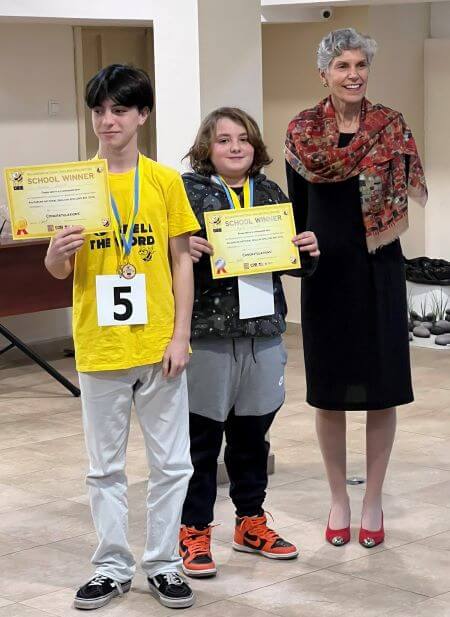
In Bulgaria, spelling bees have inspired a variety of related events and spinoff contests such as competitions for Best Decorated Classroom, Best Bee-Inspired Essay, and Best Photo. Because they highlight children’s achievements, some events become true community celebrations.
Spelling bees in Bulgaria aren’t just about competing, though. Every year, the organizers raise awareness of a socially significant topic such as media literacy and the critical role of bees in natural ecosystems. This year’s theme, BEE Active, draws attention to the importance of physical activity for a healthy lifestyle. In the coming months, spelling bee participants will participate in a series of physical challenges and health-focused events.
Spelling contests are held all over the world, but nowhere are they as popular as in the United States, where national spelling championships are broadcast on major TV networks and attract millions of viewers. Spelling bee passions there have been known to run so high as to prompt Mark Twain to call them spelling “fights,” while articles in the popular press in the nineteenth century describe enthusiasm for the events as a “craze” or a “fever.”
Find out more about spelling bees’ exciting history and why they are considered a sport in America!
Donations make spelling bees accessible to all. Help a child improve their English and communication skills by supporting CORPluS.
